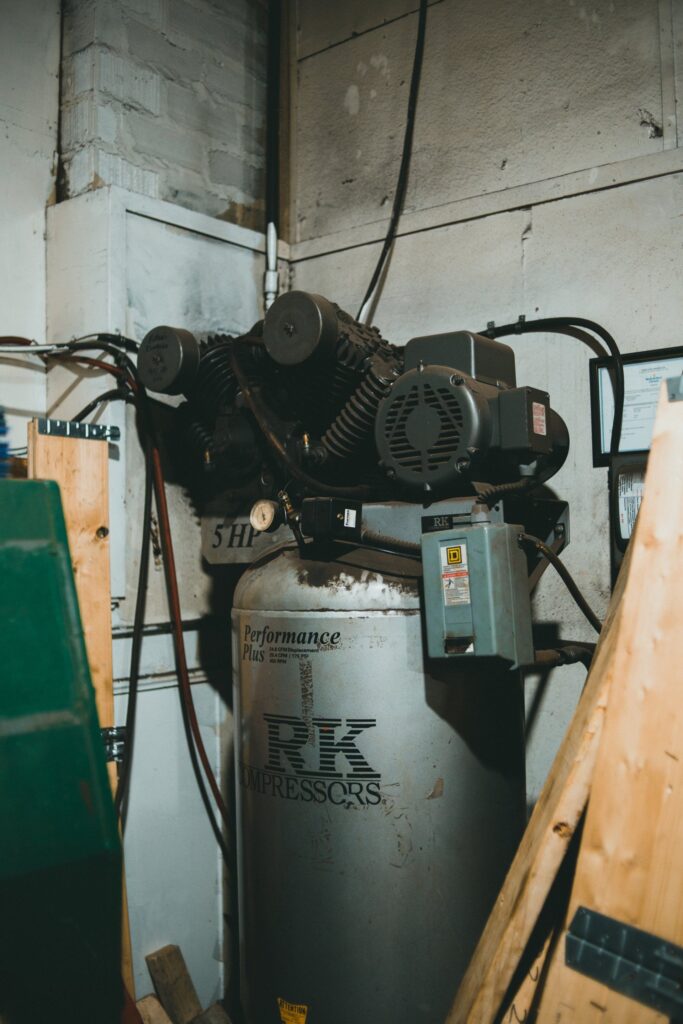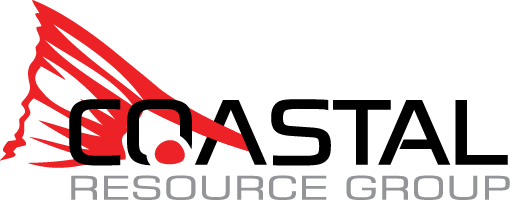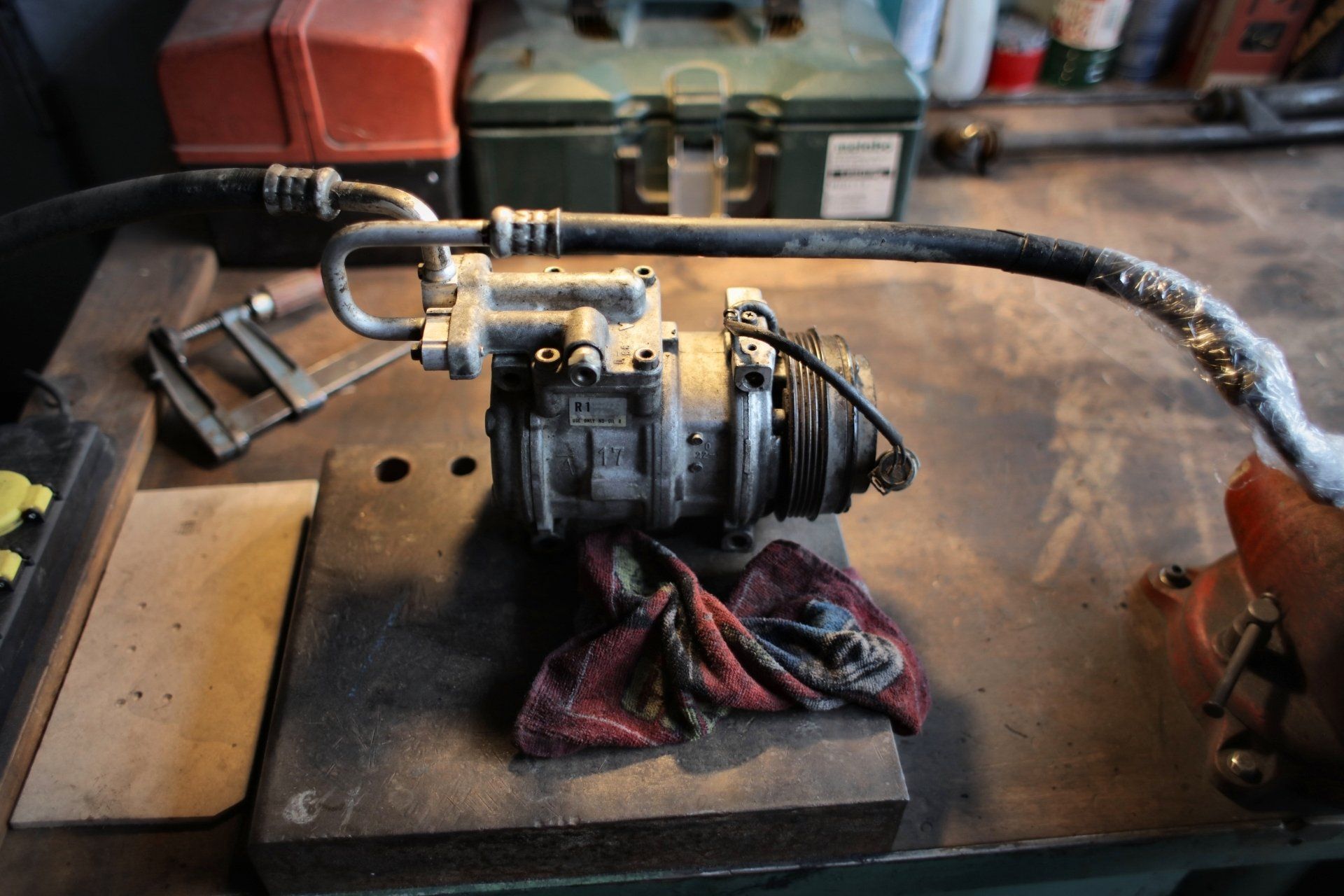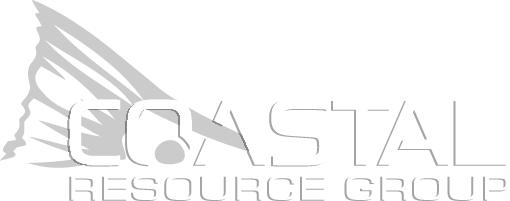Tools help industrial workspaces thrive just as much as the high-quality professionals using them. Mixing proper skill and modern technology is critical for building pipes, welding components, and other industrial tasks. Although such equipment may work perfectly on day one, its performance can diminish every day after. Thankfully, plenty of practices exist to extend the lifespan of tools, big and small. So many factors can contribute to tools losing their quality, so how do you put the right preventive measures in place? We’ve put together a guide to maintaining your industrial tools daily to help businesses extend their equipment’s lifespans. Tool maintenance is more than a helpful suggestion; it’s an essential step that keeps tools working at their most efficient, powerful levels.

How To Implement Proper Handling
Careful handling is one of the most important ways to maintain your industrial equipment. Simply put, properly using the equipment will help maintain its lifespan. You may understand that, but does your staff? Proper handling is essential because it can lead to avoidable damages that have costly results. For example, welding tools are not indestructible, so welders should avoid letting hardware bang into surfaces, fall on the floor, or sit in odd positions. Plus, neglectful handling can have an unfortunate ripple effect.
If a welder uses their torch improperly, they can also damage the workpiece. So, does wanting to avoid improper handling mean you must always keep an eye on your employees? Performance monitoring is certainly helpful, but you can implement a plan that puts a bit more responsibility in the worker’s hands.
High-Quality Training
Training might sound simple, but you have many factors to consider. For instance, adding new hardware or software to the work environment means anyone using it must have proper training. Proper training means preventing technological growing-pains from hindering efficiency upon installation. However, you also have to think about onboarding new employees—everyone deserves suitable training before joining the workforce to ensure safe practices.
Beyond employee safety, training should help your new hires learn how to avoid damaging any equipment they use throughout the day. Don’t hesitate to periodically add refresher training courses for employees who want to sharpen their skills. Always keep your employee training up to date with current technology and handling processes to ensure the best results. You may think training sessions are only critical for heavy-duty equipment, but it’s not the case. If your new hire is using a wrench on their first day, show them how to use it in your work environment. They may understand how the wrench functions, but they haven’t used one in your workplace before. Once your employees learn the ropes, they can each become much more knowledgeable and productive members of your team.
Communicating About Damaged Components
Establishing strong communication is critical in various business areas because it keeps practices transparent and efficient. Therefore, another skill you should teach your employees is when to reach out to their supervisor for assistance with damages. For example, your employees should speak up if they spot any worn components on their machines that may impact performance.
Knowing when to notify you of the damage, even if the equipment’s maintenance cycle indicates no need for repairs, encourages the employee to work with the right person to rectify the issue. Remember, visible signs of wear are always a cause for concern. The sooner the employee lets you know about the issue, the sooner you, or another managerial team member, can analyze the damage and determine a proper solution. The wear and tear on a part may not seem catastrophic, but it shouldn’t have the allowance to thrive. Once you successfully fix the issue, you will prevent the damage from hindering your team’s efficiency and safety and the equipment’s performance.
Uphold Suitable Storage Standards
Employees must also show exceptional discipline and responsibility when not using equipment because storage is critical. As mentioned above, employees shouldn’t be placing equipment in odd positions, but that’s not all storage is good for. A carefully designed storage unit properly maintains the equipment inside, preventing any hazards. Even a set of drawers built to hold small tools can keep them out of harm’s way and easily accessible for any project.
For instance, keeping wrenches and pliers in a specific storage space ensures you can prevent someone from spilling a drink on it or bumping into it and knocking it over. A simple detail like specific storage goes a long way when maintaining equipment over time. From human error to the elements, you should always have preventative measures for on-site hazards in mind.
Create a Concise Maintenance System
Our guide to maintaining your industrial tools must include one more detail—creating a concise maintenance schedule. Some repairs will pop up sporadically, but certain cleaning, inspecting, and other tasks must happen at specific intervals depending on the tool. All team members should precisely follow upkeep requirements per the equipment manufacturer’s recommendations. That said, how do you know if someone is keeping up with equipment upkeep? As with proper handling, you understand the importance of the maintenance schedule, but some of your employees may not be so privy to its importance.
Whether physical or digital, create a form people can fill out to signal when they’ve completed maintenance on their designated machine. Of course, maintenance should only occur with the help of a trained professional. If any maintenance ever requires third-party assistance, schedule it in a timely manner to prevent further problems from developing.
By following a concise maintenance schedule, you can greatly impact the equipment’s longevity. Always add the steps required to fill the maintenance log in the employee training manual to ensure newcomers don’t neglect their duties.
Now that you know how to implement better maintenance habits at work, you can take action today. You should never overlook proper industrial tool maintenance because it contributes to workplace efficiency, safety, and reliability. From inspections to training sessions, you have many ways you can start changing your workplace for the better. As a welding equipment supplier, Coastal Resource Group is ready to provide you with the tools you need to take action and build the best maintenance system for your business.


